Reducing Your Carbon Footprint While Exploring Iceland
Exploring the stunning landscapes of Iceland while minimizing your environmental impact is not only possible but also essential in today's world. By adopting sustainable travel practices and engaging in eco-friendly activities, you can significantly reduce your carbon footprint while immersing yourself in the country's natural beauty.
When it comes to getting around Iceland, opting for public transportation is a smart choice. The country boasts efficient bus and train systems that not only reduce carbon emissions but also offer a convenient way to travel between destinations. By choosing public transport over rental cars, you can actively contribute to lowering your carbon footprint.
For eco-conscious travelers, selecting eco-friendly accommodation options in Iceland is key. From eco-hotels that prioritize sustainability to sustainable guesthouses that support green initiatives, there are plenty of choices available. By staying in environmentally conscious lodgings, you can support local efforts to reduce carbon emissions in the hospitality sector.
One of the best ways to reduce your carbon footprint while exploring Iceland is through mindful dining choices. Embrace the farm-to-table dining scene in Iceland, where you can enjoy locally sourced ingredients while supporting sustainable agriculture practices. By opting for restaurants that focus on local food and sustainable dining, you can minimize food miles and contribute to a more eco-friendly food system.
When planning tours and activities in Iceland, seek out providers that prioritize carbon neutrality and sustainability. Choose carbon-neutral tour operators and excursion providers that offer eco-friendly experiences for conscious travelers. By participating in activities that align with your values, you can enjoy memorable experiences while minimizing your environmental impact.
Iceland is a pioneer in renewable energy initiatives, harnessing geothermal and hydroelectric power to reduce carbon emissions. By learning about the country's innovative use of renewable energy sources, you can gain insight into how sustainable practices can lead to a greener future. Explore Iceland's commitment to renewable energy and be inspired to support similar initiatives in your own community.
Waste management and recycling are integral parts of Iceland's sustainability efforts. By understanding the country's waste management strategies and recycling programs, you can actively participate in minimizing waste generation during your travels. Embrace a zero-waste mindset and contribute to a cleaner environment by following Iceland's lead in responsible waste management.
Offsetting your carbon footprint is another effective way to mitigate the environmental impact of your travels. Explore carbon offsetting options and initiatives that allow you to compensate for your travel emissions by supporting environmental projects and conservation efforts. By taking responsibility for your carbon footprint, you can contribute to global efforts to combat climate change.
Engaging in local community initiatives and conservation projects in Iceland is a meaningful way to offset your carbon footprint. By getting involved in projects that support environmental conservation and community engagement, you can make a positive impact on the environment while exploring the beauty of Iceland. Contribute to the preservation of natural habitats and wildlife by actively participating in conservation efforts during your travels.
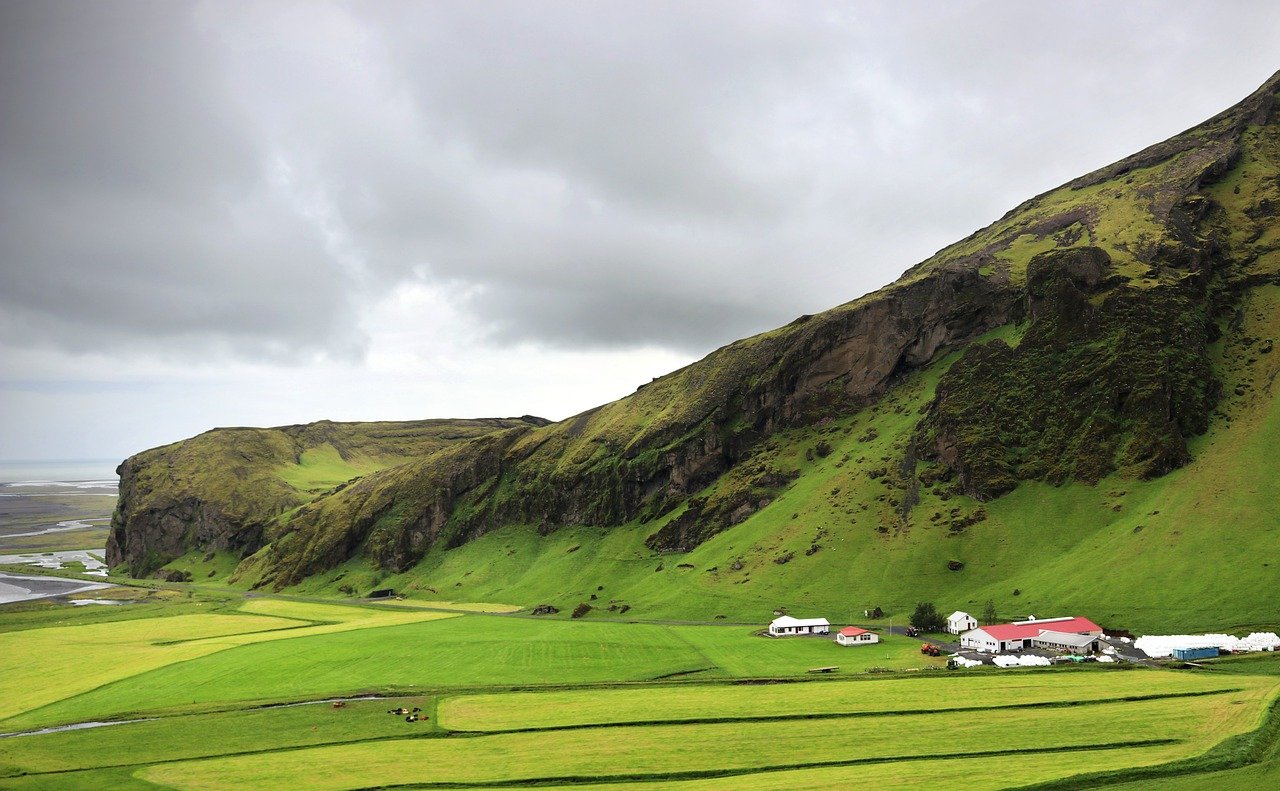
Public Transportation Options
Discover sustainable travel practices and eco-friendly activities in Iceland to minimize your environmental impact while enjoying the country's natural beauty.
When exploring Iceland, utilizing the efficient and eco-friendly public transportation options can significantly reduce your carbon footprint. The country offers a well-developed network of buses and trains that provide a convenient and sustainable way to travel between cities and popular tourist destinations. By opting for public transportation over rental cars or private vehicles, you can lower carbon emissions and actively contribute to environmental conservation efforts.
Moreover, Iceland's public transportation system is designed to offer scenic routes that allow travelers to immerse themselves in the country's stunning landscapes while minimizing the negative impact on the environment. Whether you are traveling to the vibrant city of Reykjavik or the serene countryside, choosing buses and trains as your primary mode of transport promotes sustainable travel practices and supports the preservation of Iceland's natural beauty for future generations.
Additionally, public transportation in Iceland promotes a sense of community and shared responsibility towards environmental sustainability. By embracing these eco-friendly travel options, you not only reduce your carbon footprint but also actively contribute to the country's efforts to combat climate change and promote green living.
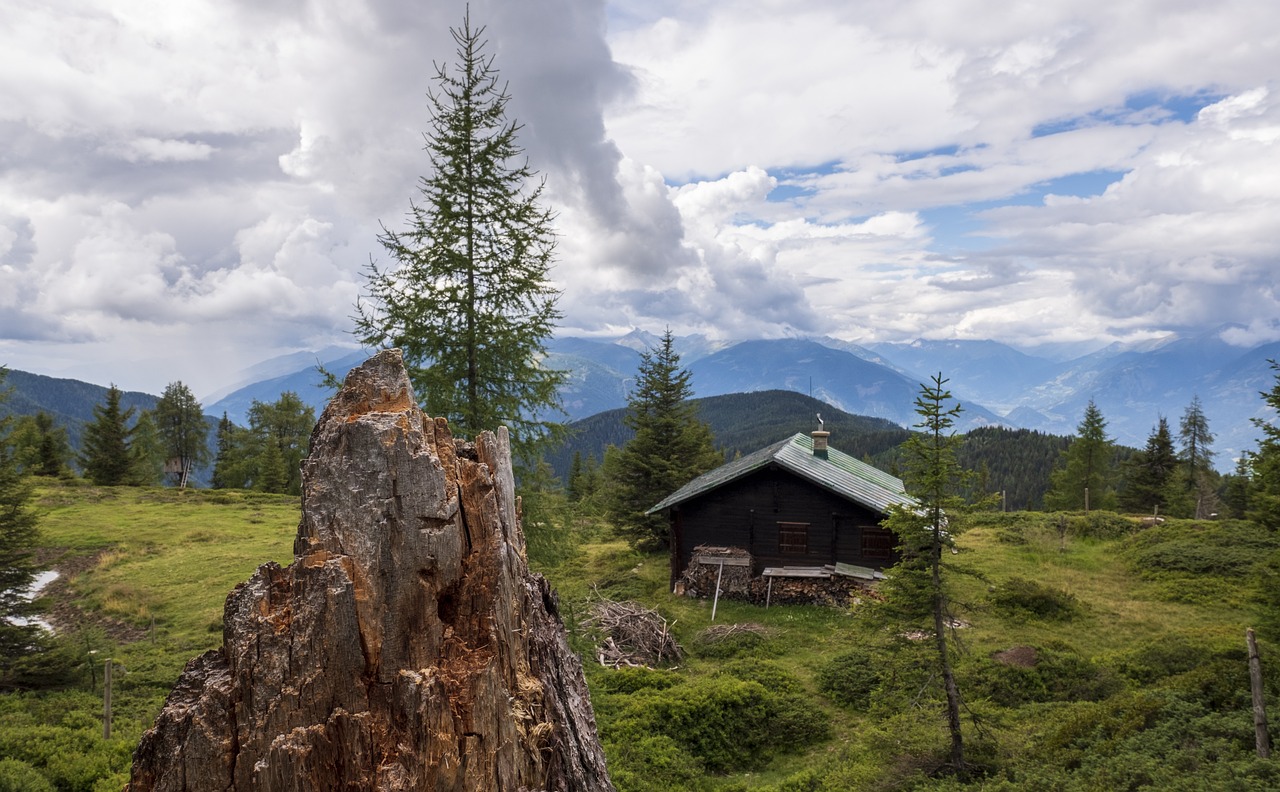
Eco-Friendly Accommodation
When it comes to exploring Iceland sustainably, choosing eco-friendly accommodation plays a crucial role in minimizing your carbon footprint. Fortunately, Iceland offers a range of environmentally conscious lodging options that not only prioritize sustainability but also provide unique and memorable experiences for travelers.
One popular choice for eco-conscious travelers is staying at eco-hotels, which are designed with sustainability in mind. These accommodations often utilize renewable energy sources, implement water-saving practices, and focus on reducing waste generation. By choosing to stay at an eco-hotel, you can support green initiatives and contribute to the preservation of Iceland's natural beauty.
Another sustainable accommodation option in Iceland is sustainable guesthouses. These cozy and charming establishments are known for their commitment to environmental responsibility. From organic breakfast options sourced from local producers to eco-friendly amenities, sustainable guesthouses offer a truly authentic and eco-conscious stay for travelers looking to reduce their environmental impact.
Moreover, many eco-friendly accommodations in Iceland actively engage in community initiatives and conservation projects. By staying at these establishments, you not only reduce your carbon footprint but also contribute to local sustainability efforts. Whether it's supporting reforestation projects or participating in beach clean-ups, eco-friendly accommodations in Iceland offer opportunities for travelers to make a positive impact on the environment.
Choosing eco-friendly accommodation in Iceland is not just about reducing your carbon footprint; it's also about immersing yourself in the country's commitment to sustainability and environmental stewardship. By opting for eco-conscious lodging options, you can enjoy a guilt-free and environmentally friendly stay while exploring Iceland's breathtaking landscapes and vibrant culture.
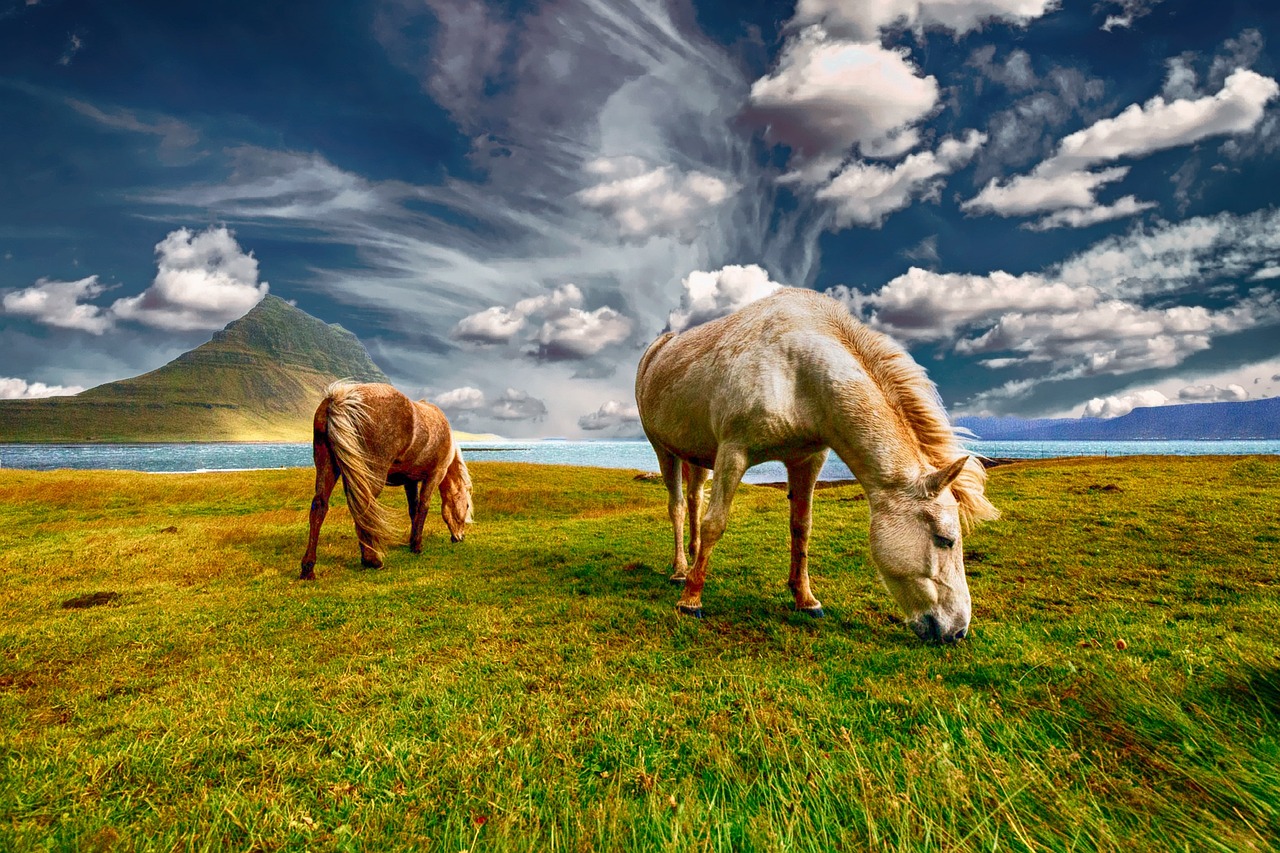
Local Food and Sustainable Dining
When exploring Iceland, indulging in local food and sustainable dining practices not only allows you to savor the authentic flavors of the region but also contributes to reducing your carbon footprint. Iceland's culinary scene is deeply rooted in its natural resources, emphasizing fresh, locally sourced ingredients and sustainable farming methods. By supporting local producers and opting for eco-conscious dining options, you can actively participate in promoting sustainable agriculture and minimizing food miles.
One of the best ways to experience Iceland's commitment to sustainable dining is by exploring the farm-to-table movement. Many restaurants and eateries in Iceland prioritize serving dishes made from ingredients sourced directly from nearby farms and producers. This not only ensures the freshness and quality of the food but also supports the local economy and reduces the environmental impact associated with long-distance food transportation.
Additionally, Iceland's emphasis on sustainable fishing practices highlights the importance of responsible seafood consumption. By choosing seafood dishes that are sourced sustainably, you can enjoy the rich flavors of Icelandic cuisine while supporting the conservation of marine ecosystems. Look for restaurants that follow guidelines for sustainable fishing and promote ethical seafood sourcing to make environmentally conscious dining choices.
When dining out in Iceland, consider seeking out establishments that have received certifications or accolades for their sustainable practices. Look for eco-friendly restaurants that prioritize organic ingredients, minimize food waste, and implement energy-efficient measures in their operations. Supporting these establishments not only allows you to enjoy delicious meals but also aligns with your commitment to reducing your carbon footprint and supporting environmentally friendly initiatives.

Carbon-Neutral Tours and Activities
When it comes to exploring Iceland in a sustainable and eco-friendly way, opting for carbon-neutral tours and activities is a significant step towards reducing your environmental impact. These tours and activities are designed to minimize carbon emissions and promote sustainability while still allowing you to enjoy all that Iceland has to offer.
One of the key aspects of carbon-neutral tours is the use of electric vehicles or other low-emission transportation methods. By choosing tour operators that prioritize eco-friendly transportation, you can significantly reduce your carbon footprint while traveling around Iceland's stunning landscapes.
Moreover, carbon-neutral tours often focus on supporting local communities and conservation efforts. These activities not only help offset the environmental impact of your travels but also contribute positively to the preservation of Iceland's natural beauty and wildlife.
Additionally, participating in carbon-neutral tours and activities gives you the opportunity to learn more about Iceland's unique ecosystems and renewable energy initiatives. You can witness firsthand how the country is leading the way in sustainable tourism practices and environmental conservation.
Whether you're exploring the iconic Golden Circle, hiking through volcanic landscapes, or soaking in geothermal hot springs, opting for carbon-neutral tours and activities allows you to experience Iceland in a way that is both environmentally responsible and enriching.
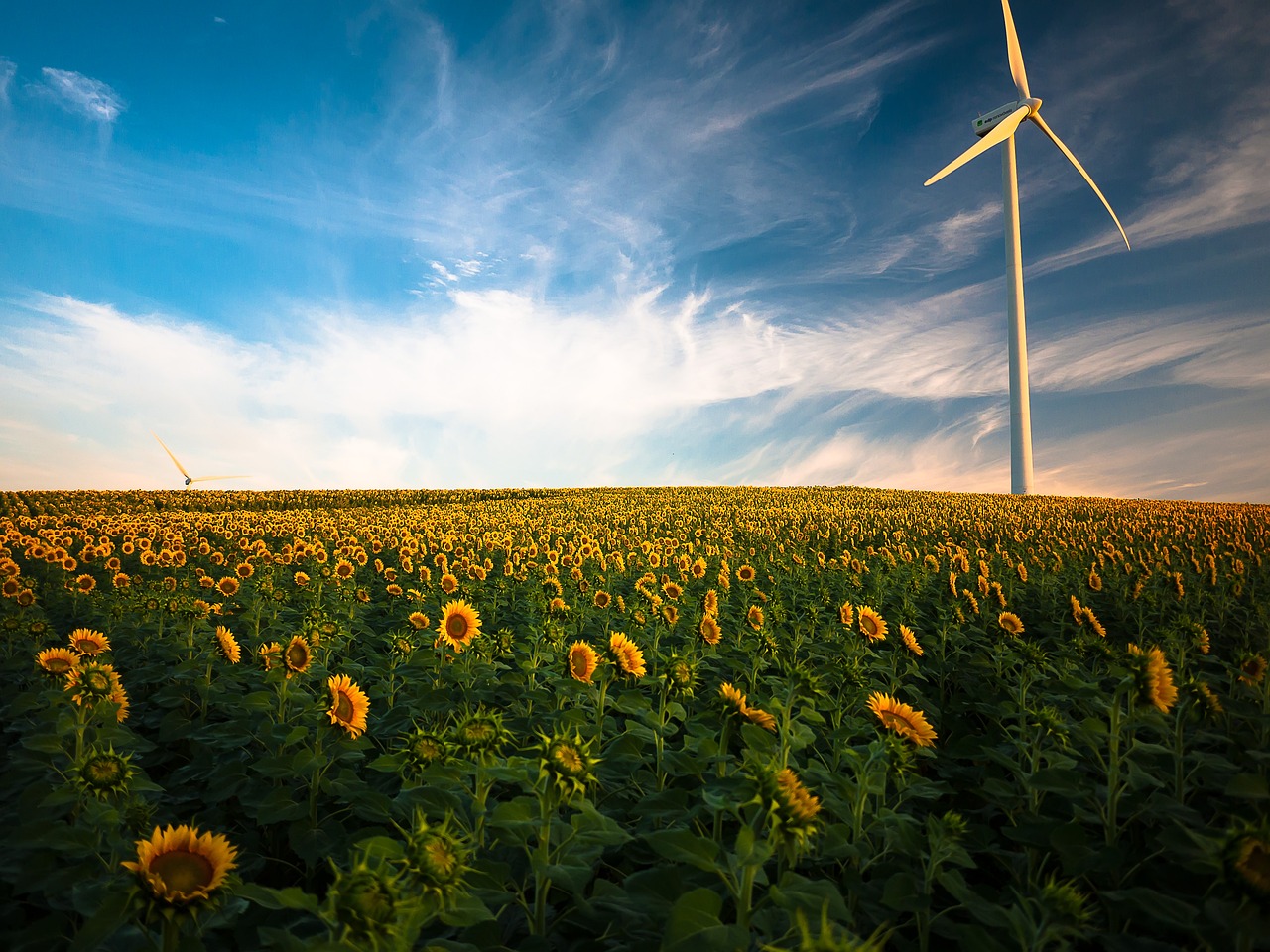
Renewable Energy Initiatives
When it comes to renewable energy initiatives, Iceland stands out as a global leader in sustainable practices. The country's unique geological features, including volcanoes and geysers, have paved the way for innovative energy solutions. Iceland harnesses the power of geothermal and hydroelectric sources to generate electricity and heat, significantly reducing its reliance on fossil fuels. This commitment to renewable energy has not only helped Iceland minimize its carbon footprint but has also positioned the country as a role model for sustainable energy production.
Geothermal energy plays a crucial role in Iceland's renewable energy portfolio. The country's abundant geothermal resources are utilized to heat homes, swimming pools, and greenhouses, reducing the need for traditional heating methods that contribute to carbon emissions. Geothermal power plants tap into the natural heat stored beneath Iceland's surface, converting it into clean and sustainable energy for various applications. This environmentally friendly approach has made Iceland a pioneer in geothermal energy utilization on a global scale.
In addition to geothermal energy, Iceland boasts extensive hydroelectric power generation capabilities. The country's numerous rivers and waterfalls are harnessed to produce electricity through hydroelectric plants, further diversifying its renewable energy sources. By capitalizing on its water resources, Iceland has been able to meet a significant portion of its electricity demand with clean and renewable hydropower, reducing greenhouse gas emissions and environmental impact.
One remarkable aspect of Iceland's renewable energy initiatives is its commitment to sustainability and innovation. The country continuously explores new technologies and methods to enhance its energy production efficiency and environmental performance. By investing in research and development, Iceland aims to stay at the forefront of renewable energy advancements, setting an example for other nations striving to transition to a greener and more sustainable energy future.
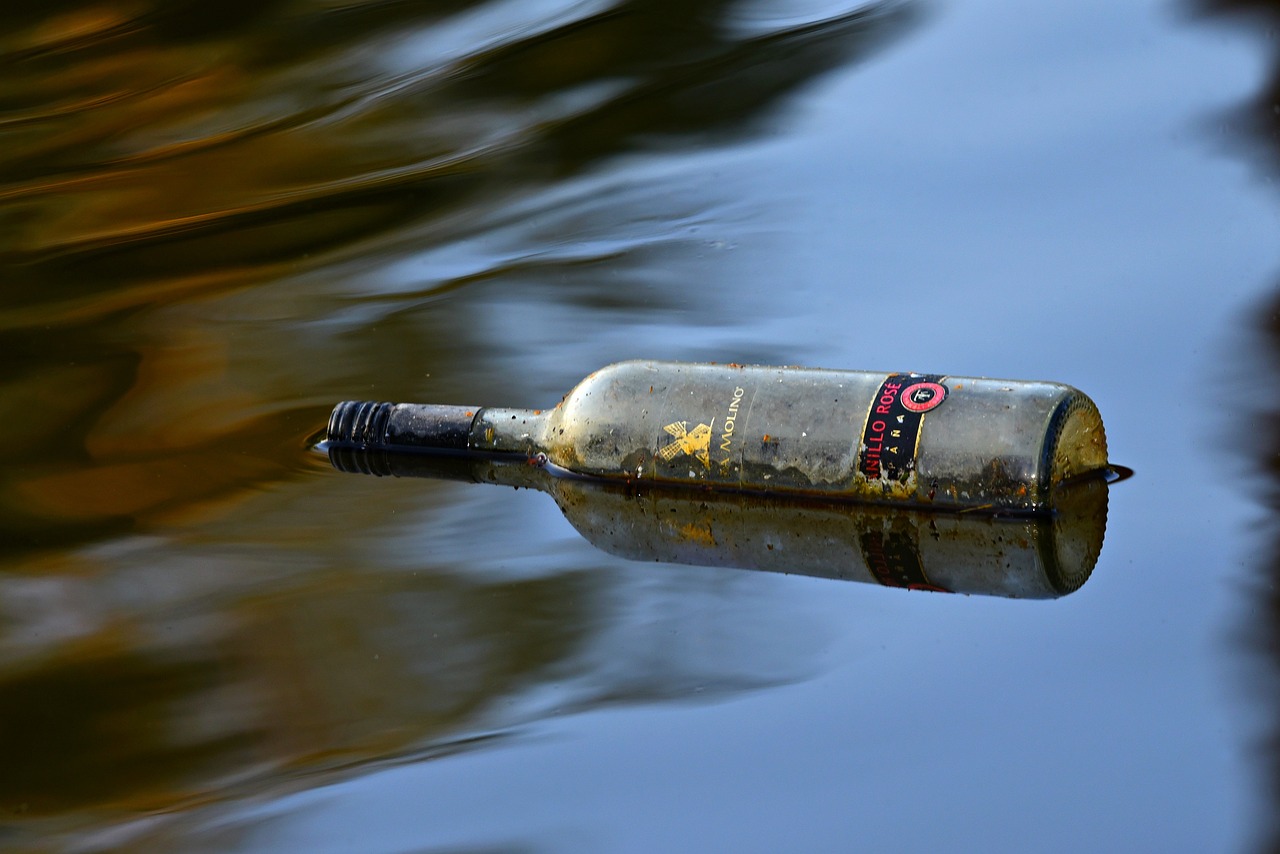
Waste Management and Recycling Practices
When it comes to waste management and recycling practices in Iceland, the country takes sustainability seriously. Iceland has implemented efficient waste management strategies and robust recycling programs to minimize environmental impact and promote a cleaner, greener future.
One of the key aspects of waste management in Iceland is the emphasis on separating different types of waste for recycling. The country has a well-established system that encourages residents and visitors alike to sort their waste into categories such as paper, plastic, glass, and organic waste. This approach not only reduces the amount of waste sent to landfills but also allows for the efficient recycling of materials.
Moreover, Iceland places a strong emphasis on composting organic waste to reduce methane emissions and promote soil health. Many households, businesses, and even public facilities participate in composting programs, turning food scraps and other organic materials into nutrient-rich soil for gardening and agriculture.
Furthermore, Iceland's commitment to recycling extends beyond traditional materials to include electronic waste and hazardous substances. The country has established collection points for items such as old electronics, batteries, and chemicals, ensuring that these materials are disposed of safely and responsibly.
In addition to recycling efforts, Iceland has also implemented innovative waste-to-energy solutions to reduce the reliance on landfills and fossil fuels. By incinerating non-recyclable waste in modern facilities, Iceland is able to generate electricity and heat while minimizing the environmental impact of waste disposal.
Overall, waste management and recycling practices in Iceland reflect the country's dedication to environmental sustainability and responsible resource management. By participating in these initiatives and following proper waste disposal guidelines, travelers can contribute to preserving Iceland's pristine natural environment for future generations.
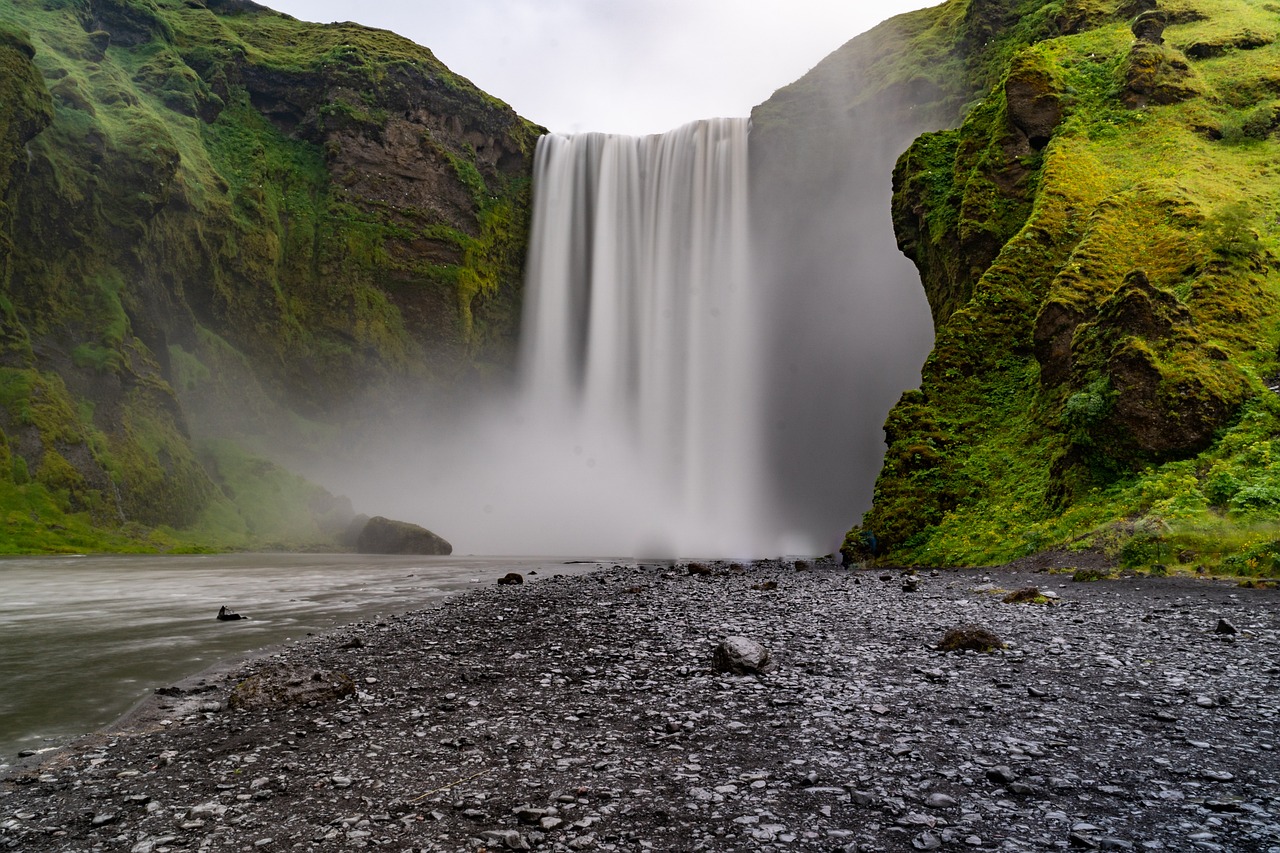
Offsetting Your Carbon Footprint
Offsetting your carbon footprint is a proactive way to take responsibility for the environmental impact of your travels. By participating in carbon offsetting initiatives, you can balance out the emissions generated during your trip by supporting projects that reduce greenhouse gases or promote sustainable practices. These initiatives often involve investing in renewable energy projects, reforestation efforts, or community-based sustainability programs.
One popular method of carbon offsetting is through the purchase of carbon credits. These credits represent a reduction in greenhouse gas emissions equivalent to one ton of carbon dioxide. By buying these credits, you are essentially funding projects that lead to a decrease in overall carbon emissions, helping to counterbalance the environmental impact of your activities.
When choosing a carbon offsetting program, it's essential to research the credibility and effectiveness of the projects they support. Look for initiatives that are certified by reputable organizations like the Gold Standard or Verified Carbon Standard, ensuring that your contributions are making a genuine difference in combating climate change.
Additionally, some airlines and travel companies offer carbon offsetting options as part of their booking process, allowing travelers to easily offset the emissions associated with their flights or tours. This convenient approach makes it simple for individuals to incorporate carbon offsetting into their travel plans and contribute to global sustainability efforts.
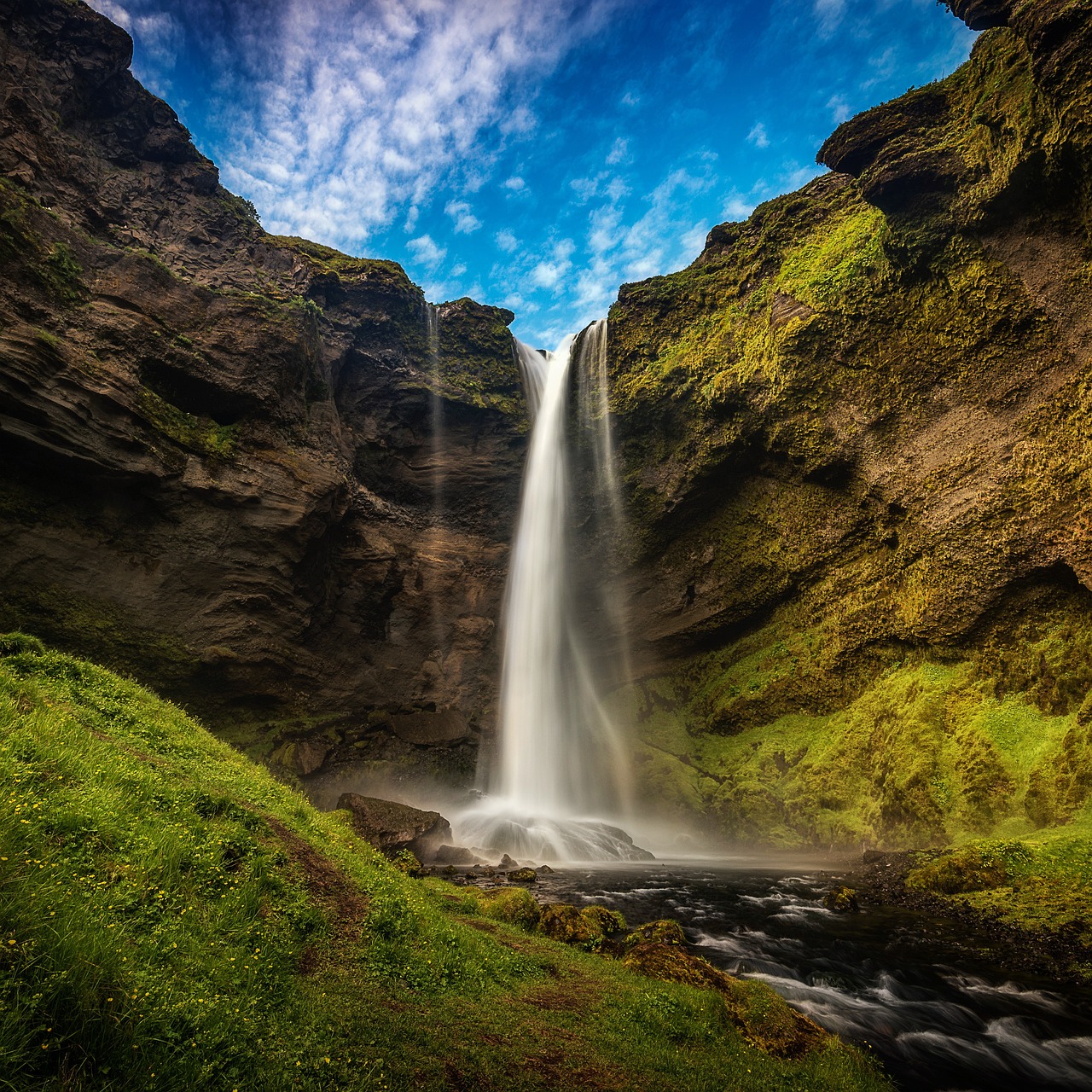
Community Engagement and Conservation Projects
Community engagement and conservation projects play a crucial role in preserving Iceland's unique natural environment and promoting sustainable practices. By actively participating in local initiatives, travelers can make a positive impact and contribute to offsetting their carbon footprint. One notable project is the Reykjavik Green City program, which focuses on enhancing urban sustainability through green spaces, renewable energy utilization, and waste reduction efforts. Travelers can engage in tree planting activities, participate in beach clean-ups, and support community gardens to foster environmental stewardship.
Additionally, visitors can join volunteer programs organized by conservation organizations like the Icelandic Environment Association, where they can assist with wildlife monitoring, habitat restoration, and environmental education initiatives. These hands-on experiences not only allow travelers to connect with Iceland's natural landscapes but also contribute directly to conservation efforts. By engaging with local communities and conservation projects, travelers can leave a lasting positive impact on the environment.
Frequently Asked Questions
- What are some eco-friendly transportation options in Iceland?
In Iceland, you can utilize the efficient public transportation systems like buses and trains, which are not only convenient but also eco-friendly options to reduce your carbon footprint while exploring the country.
- How can I contribute to reducing my carbon footprint through accommodation?
You can choose to stay in eco-hotels or sustainable guesthouses in Iceland, which are environmentally conscious lodging options that support green initiatives and help in minimizing your environmental impact during your stay.
- What is the significance of supporting local food and sustainable dining in Iceland?
By experiencing Iceland's farm-to-table dining scene and supporting local producers, you not only reduce food miles and promote sustainable agriculture practices but also contribute to minimizing your carbon footprint through conscious food choices.
- How can I ensure that the tours and activities I participate in are carbon-neutral?
Look for tour operators and excursion providers in Iceland that prioritize carbon neutrality and sustainability, offering eco-friendly experiences that align with your values as a conscious traveler aiming to reduce your environmental impact.
- What are some ways to engage in waste management and recycling practices in Iceland?
Understanding Iceland's waste management strategies and actively participating in recycling programs can help you minimize waste generation while traveling in the country, contributing to a cleaner and more sustainable environment.
- How can I offset my carbon footprint while traveling in Iceland?
You can explore carbon offsetting options and initiatives that allow you to compensate for your travel emissions by supporting environmental projects and conservation efforts, effectively balancing out your carbon footprint impact.
- What opportunities exist for community engagement and conservation projects in Iceland?
Getting involved in local community initiatives and conservation projects in Iceland not only allows you to positively contribute to the environment but also helps in offsetting your carbon footprint through active participation and support.



















